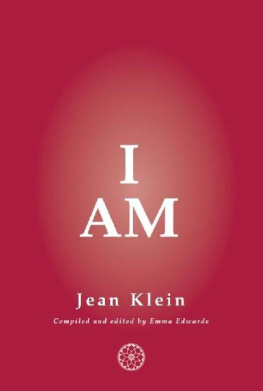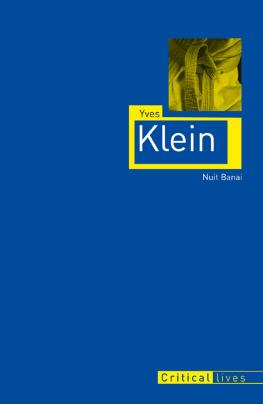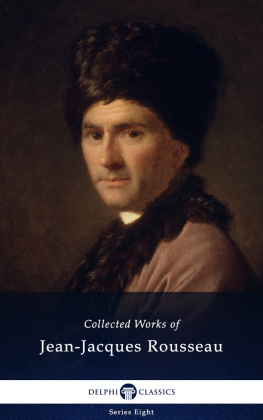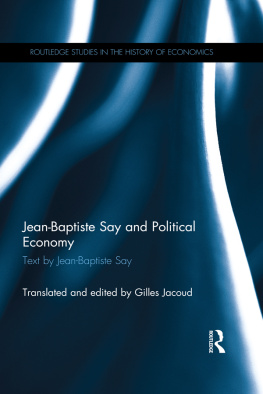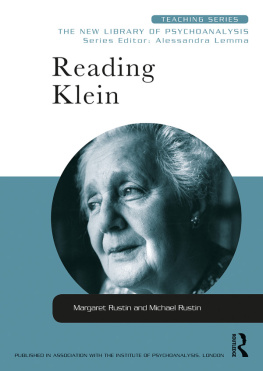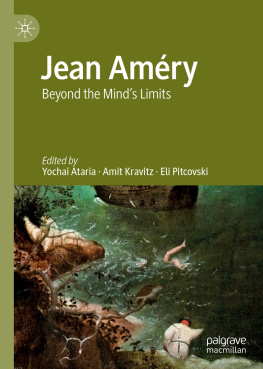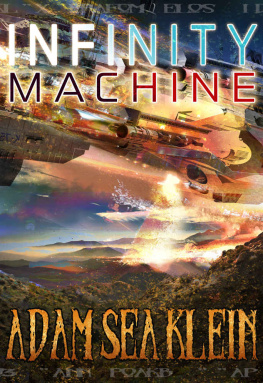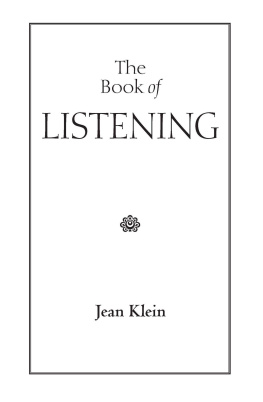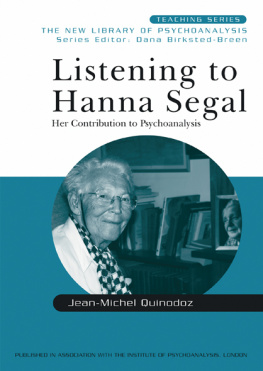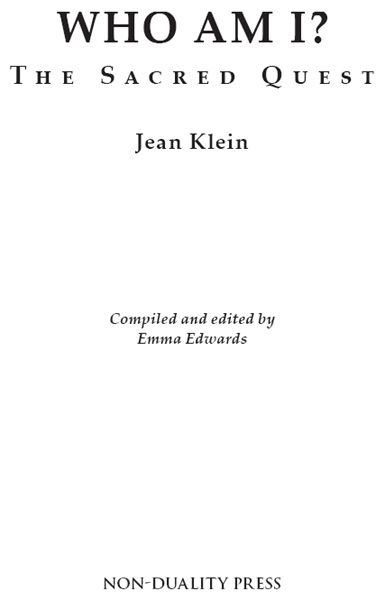Jean Klein Foundation
PO Box 22045
Santa Barbara, CA 93120
United States
First published in 1988 by Element Books Limited
This edition copyright Non-Duality Press, July 2006, May 2013
Copyright Emma Edwards
Cover illustration: Frau in der Morgensonne
by Casper David Friedrich
All rights reserved. No part of this book may be reproduced, stored in a retrieval system, or transmitted by any means, electronic, mechanical, photocopying, recording, or otherwise, without express written permission from the publisher.
eISBN 9780955176265
Non-Duality Press
6 Folkestone Rd, Salisbury SP2 8JP
United Kingdom
www.non-dualitybooks.org
WHO AM I?
Jean Klein, a musicologist and doctor from Central Europe, spent his early years inquiring about the essence of life. He had the inner conviction that there was a principle independent of all society and felt the urge to explore this conviction.
His exploration led him to India where he was introduced through a direct approach to the non-mental dimension of life. Through living in this complete openness, he was taken, one timeless moment, by a sudden, clear awakening in his real nature. It was not a mystical experience, a new state, but the continuum in life, the non-state in light of which birth, death and all experience take place.
From 1960 he led a quiet life teaching in Europe and later in the United States.
ACKNOWLEDGEMENTS
I would like to express my gratitude to Mary Dresser and Henry Swift for all their help in preparing this publication, and to Pat and Barbara Patterson for their many useful suggestions.
PREFACE
This book came to life through dialogues which took place in different countries with people from all walks of life, and especially through stimulating conversations I had with Emma Edwards. These often touched the border of the inexpressible. I deeply thank her for writing down what cannot easily be written, the nearest formulation to what is beyond words, so that the mind of the reader may be enlivened and clarified. Only a clear mind dares to give itself up to its Origin, that which has been and ever will be.
In writing this some sentences from Platos Letters come to mind:
I certainly have composed no work in regard to it, nor shall I ever do so in future, for there is no way of putting it in words like other studies. Acquaintance with it must come rather after a long period of attendance on instruction in the subject itself and of close companionship, when suddenly, like a blaze kindled by a leaping spark, it is generated in the soul and at once becomes self-sustaining.
Jean Klein
INTRODUCTION
The desire to question life comes from life itself, from that part of life which is still hidden. Life provokes us to question. It wants to be admired. As long as it is not, the question remains.
The question Who am I? appears so often in our lifetime but we turn away from it. There are many moments in which we are provoked to ask, What is life? Who am I? Perhaps we have felt, since childhood, a vague nostalgia for more, a divine longing. Perhaps we feel that the real reason for our birth is eluding us, passing us by. Maybe we have become bored with all the ways we have used to try to give meaning to our existence: the accumulation of learning, experiences and wealth, religious pursuits, compulsive busyness, drugs and so on. Or we are facing a crisis in which we no longer feel we can control the situation. Perhaps we simply dread death. All these happenings are opportunities that should not be wasted. They come from life itself, calling us to look, because life knows that when we really see it, we cannot help but admire...
Why do we avoid the call to inquire? Why do we avoid discovering what we are? Largely because there is the deep feeling that to inquire earnestly means the death of something we hold onto, this something being the idea we have of ourselves, the personality, the ego and all that comes with it. But we also hesitate because we really do not know how to ask the question, we feel it there but cannot approach it, we feel it too big for us, we are in awe of it. The wonder of it is that both these excuses belong to our inherent wisdom, come from the answer itself. They prove that we already know more than we think.
The first step in self-inquiry is therefore to see what cowards we are, how we avoid every opportunity to really inquire, how we shun the yearning or the feeling of lack. We may acknowledge them intellectually but we dont really welcome them. As soon as we admit this reaction, we will feel life provoking us to inquire at every moment. The question is always there underlying all our compensatory activities.
Once we have accepted lifes challenge we need to know how to ask the question so that it has power, can be effective and not disappoint us. We must become convinced that the question will take us to the answer. Our questioning must become worthy.
To come to effective self-inquiry we have to be clear about how it differs from other kinds of inquiry. Our everyday questions naturally assume that the answers will mean something to us, that they will relate to our experience, our memory. These questions presume a centre of reference, an I who can compare and interpret. The assumption of an answer on the level of the question is perfectly valid in the world of reference where comparison and memory are essential tools. This is how we communicate verbally. But when we ask Who am I? we are questioning this centre of reference, questioning the questioner, and obviously what is in question cannot give an answer. In this arena of inquiry memory has no role, for what is there to compare to I or Life? We cannot step out of them. We are they. So we are brought to a stop with nowhere to go. We just dont know. It is possible to spend a lifetime hovering here at the limits of concept where Kant found himself, but where for the philosopher is the end of inquiry, for the truth seeker is just the beginning. For this is the moment when one moves from spiritual inquiry led by a forefeeling of the answer to what could be called the sacred quest, which is the answer.
The real quest begins when this not-knowing ceases to be an agnostic concept and becomes a living experience. This occurs suddenly when the stopping of the minds efforts is actually felt on every level, that is, when it becomes an immediate perception rather than merely a cognition. When the I dont know state is accepted as a fact, all the energy which hitherto was directed outside in its search for an answer, or inside in its search for interpretation, is now released from projection and is conserved. In other words, attention is no longer directed to the objective aspect but returns to rest in its organic multi-dimensionality. This is manifested as a sudden orientation, a shift in the axis of ones existence, the end of looking for answers outside the question itself. Allowing the not-knowing to be fully explored takes the inquirer into a new realm. It is a new way of living. It is a state of expansion on every level, an openness to the unknown and thus to the all-possible.
There is nothing introverted or mystical about living in openness, in non-directed alertness. The tools of existence, memory and the I, come and go as needed but the presence in which they come and go remains. The disappearance of the centre of reference no longer means unconsciousness, a blank, a death. There is the continuum of consciousness, Life, in which all phenomena appear and disappear. Only in this is there absolute security and fulfilment. From now on the residues of formulation, of subjectivity become more economical, fuelled by nothing outside the question itself until the residues of the Living Question are dissolved in the Living Answer.


